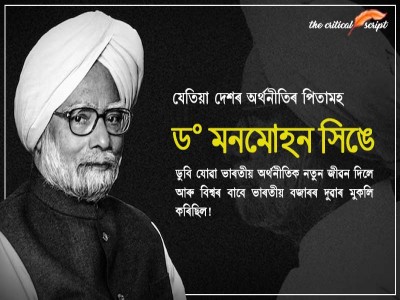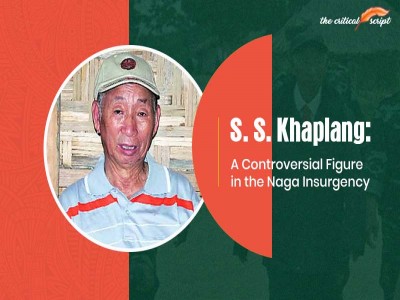
From Rhetoric to Ruin: When General Munir Spoke, and Pahalgam Bled
Among the victims were women and children, as well as personnel with links to Indian security agencies. Survivors recalled horrors that seemed torn from a war zone: assailants in police uniforms, selective targeting of non-Muslims, and cold executions - all within moments. One survivor recounted being spared with the harrowing command: “Go back and tell Modi what we’ve done.”
When Speeches Turn to Sparks
General Munir’s rhetoric did not exist in a vacuum. It came with weight and consequences. His speech wasn't simply a reiteration of Pakistan’s long-held stance on Kashmir. It was a deliberate ignition of historical resentments, a nod to the ideological warfare that has long scarred South Asia.
By revisiting the Two-Nation Theory, Munir wasn't just invoking history, he was, in effect, validating a vision that continues to polarize and provoke. His assertion that “terrorists cannot dictate Pakistan’s future” sounded hollow, perhaps even ironic, when viewed in the context of what followed.
The Aftermath That Demands Answers
Can causality be proven between the speech and the attack? Perhaps not directly. But the correlation - the timing, the tone, the ideological alignment is too stark to ignore. When a military leader in a nuclear-armed nation speaks in absolutes, militants don’t always wait for orders. Sometimes, rhetoric is all they need.
The Double Standards That Undermine Credibility
If terrorism is unacceptable, it must be so universally, not just selectively, depending on whose narrative it serves.
The Silence and the Stakes
When generals speak with fire in their throats, it is often civilians who burn in the aftermath. The tragedy at Pahalgam is a haunting reminder of that. It is also a moment that demands introspection, not just from Pakistan, but from a world that too often separates rhetoric from responsibility.
Peace Held Hostage
In the end, what happened in Pahalgam was not just an act of terror, it was a consequence of decades of unresolved conflict, ideological brinkmanship, and nationalist posturing. Tourists who came in search of serenity returned in coffins. The silence of their absence now echoes louder than any speech.
If South Asia is to break this cycle, it must begin with courage, not just the courage to fight terrorism, but the courage to silence the tongues that stoke it. And for Pakistan, that reckoning must begin at the very top.
Disclaimer: The opinions expressed in this article are those of the author's. They do not purport to reflect the opinions or views of The Critical Script or its editor.

Newsletter!!!
Subscribe to our weekly Newsletter and stay tuned.

















Related Comments